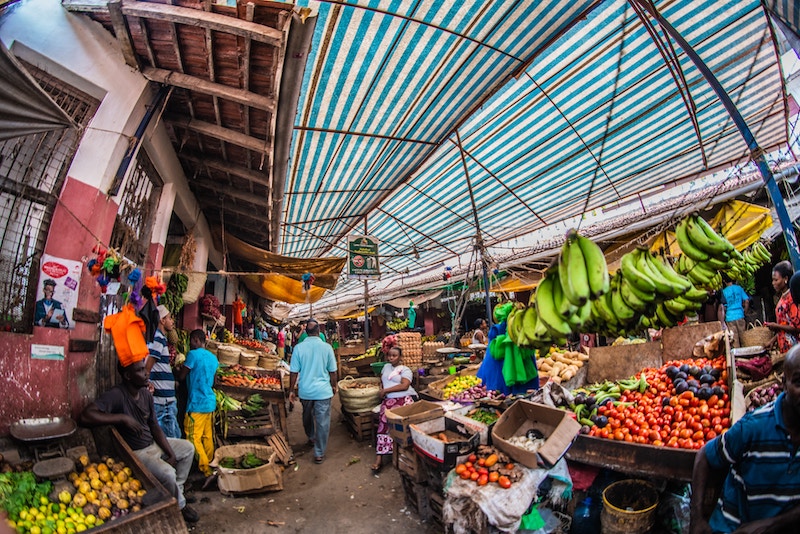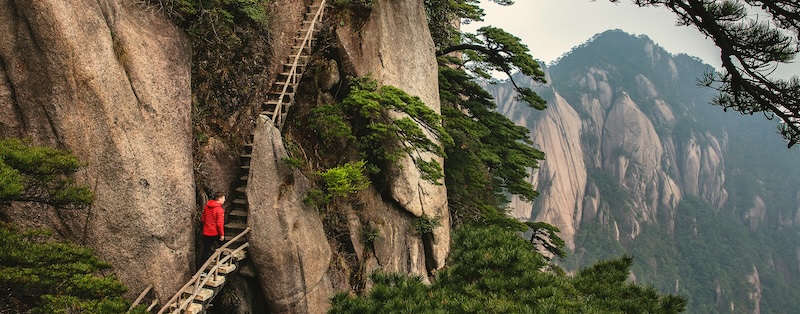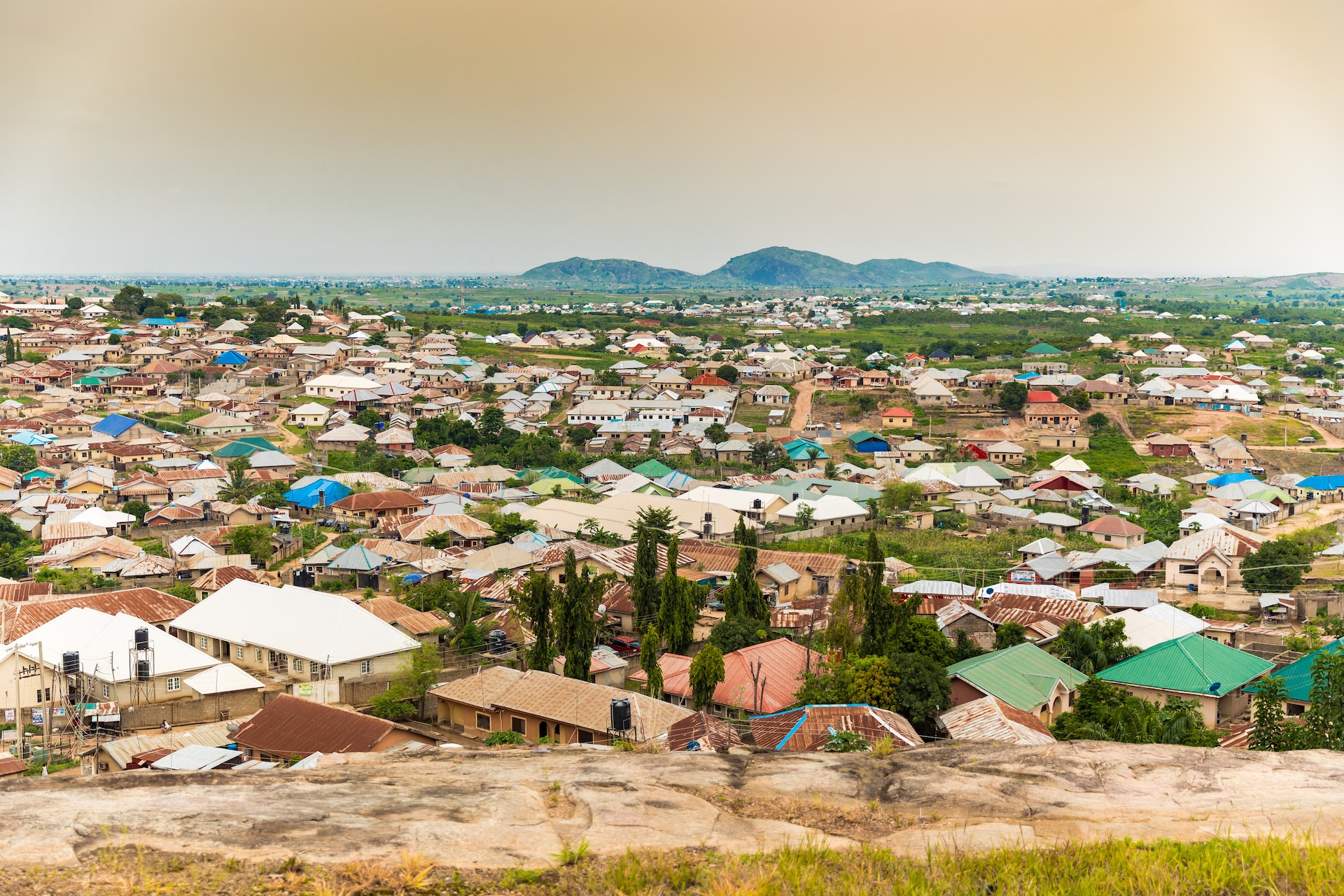- Kenya Languages and Greetings
- Greetings
- Addressing Others
- Indigenous Cultures in Kenya
- Religion in Kenya
- Kenya Festivals and Holidays
- Bargaining and Haggling in Kenya
- Kenyan Etiquette for Travelers
- Dining Etiquette in Kenya
- How to Dress in Kenya
- Sports in Kenya
- Other Essential Tips
- Preparing for Your Kenya Trip
Kenya Languages and Greetings
- Hello -Hujamboor habari
- Please -Tafadhali
- Thank you -Asante
- Yes -Ndio
- No -Hapana
- How are you? -Habari yako?
- My name is… –Jina langu ni
- How much is this? –Hii ni kiasi gani ?
- Where is the bathroom? –Chooni ni wapi?
- Let’s go –Twende
Greetings
Every conversation in Kenya starts with a friendly greeting. As in many other African countries, when Kenyans greet one another, they often inquire about each other’s family and well-being. For both men and women, the most typical gesture when greeting each other—and more specifically, their respective genders—is a handshake. Close female friends may hug and kiss once on each cheek instead of shaking hands. Muslim men and women may not always shake hands with people of different genders.
Addressing Others
In Kenyan culture, using honorifics is considered a polite and respectful way to address someone, particularly someone who is older or in a position of authority. The most common honorifics in Swahili are bwana(sir) and bior mama(madam). Professional titles, such as doctor, professor, or mwalimu(teacher) are commonly used when addressing individuals who hold those positions.
Indigenous Cultures in Kenya
Indigenous Sites
- Maasai Mara National Park: This savannah in southwestern Kenya is a major wildlife sanctuary that plays a major role in the Maasai people’s heritage. This ethnic group resides within villages and rural areas based in the region. The reserve also welcomes resident and migratory wildlife, such as lions, cheetahs, elephants, zebras, and hippos.
- Lamu Old Town: The oldest and best-preserved example of Swahili settlement in East Africa, this town on Lamu Island has been designated a UNESCO World Heritage site.Commented
-
Koobi Fora: On the eastern shores of Lake Turkana, this site is recognized for its archaeological and paleontological findings related to early human ancestors. Numerous hominid fossils and stone tools have been discovered here, earning it the nickname “The Cradle of Humankind.”
-
Sacred Mijikenda Kaya Forests: Consisting of 10 separate forests spread across Kenya’s coastal province, the Kayas (remains of fortified villages) of the Mijikenda people are held in high regard, seen as the sacred abodes of their ancestors and the repositories of spiritual beliefs of the Mijikenda pe
Religion in Kenya
The majority of Kenya’s population is Christian—mostly Protestant, followed by Catholic. Islam is the country’s second-largest religion, and Hinduism is also practiced.
Religious sites in Kenya reflect the diverse faiths of its various ethnic groups.
- Nairobi Cathedral: Also known as the All Saints Cathedral, this is one of the most significant Christian sites in Kenya and the seat of the Archbishop of the Anglican Church of Kenya.
- Cathedral Basilica of the Holy Family: Also in Nairobi, this house of worship is thecountry’s first stone building.
- Jamia Mosque: This mosque in Nairobi is the largest within the city and a central point for the Muslim community.
- Lamu Riyadha Mosque: Located in Lamu, this mosque is known for hosting the annual Maulidi Festival, which celebrates the birth of the Prophet Muhammad.
- Shree Swaminarayan Temple:This Hindu temple in Nairobi has magnificent ornate architecture.
- Sheikh Khalifa Bin Zayed Al Nahyan Mosque:In Mombasa, this is the biggest mosque in East and Central Africa and can accommodate more than 20,000 worshipers.
- Both the Kenya National Marian Shrineat Subukia and the Komarock Shrineeast of Nairobi are considered Christian pilgrimage sites.
Kenya Festivals and Holidays
Visiting during important festivals is one of the best ways to meet Kenyan people, learn about cultural traditions and customs, hear Kenyan music, and have a good time. Here are some of the country’s biggest and best-known cultural and religious festivals and holidays.
Madaraka Day
Maasai Mara Cultural
Bargaining and Haggling in Kenya
As it is in countries across the African continent, haggling is very much a way of doing business in Kenyan society, especially in markets and street stalls. Many prices, particularly for items like clothing, crafts, jewelry, and souvenirs, are not fixed and are expected to be negotiated. Conversely, prices in shopping malls, supermarkets, and high-end stores are typically fixed.
While haggling is common, it’s important to negotiate fairly and ensure the final price is reasonable and fair to the seller. The following protocols are considered respectful and polite in Kenya culture:
- Start off the exchange with a smile and a friendly attitude.
- Curb your enthusiasm. If you seem very interested in an item, the seller might take you up on paying a higher price, sotry to stay detached for a better deal.
- If there’s something specific that you’re shopping for, do some research on average prices before going out. That way, you can know what to expect and help determine a fair price for both you and the vendor.
- It’s ok to walk away if the seller won’t meet your price. In some cases, this tactic results in the seller calling you back with a better price.
- Don’t insult the seller by offering a bad or unreasonably low price. This is why doing research beforehand is a good idea.
- Don’t take it too seriously, and enjoy the process.
Kenyan Etiquette for Travelers
Temple and Religious Sites Etiquette in Kenya
- Look for posted signage highlighting any rules and regulations.
- Dress modestly and respectfully with clothes that cover your shoulders, knees, and chest. Some temples may also require that women wear head coverings.
- Especially in mosques and Hindu temples, you may be required to remove your shoes before entering.
- Always ask permission before taking photos, and never try to sneak pictures where it isn’t allowed.
- Remember that these sites are active places of worship. Keep noise to a minimum, speak softly, and avoid interrupting people who are praying.
- Do not touch objects unless it is expressly allowed.
- Some religious sites or parts of them may have restricted access, only being open to followers of that particular faith. Respect these restrictions.
- Make a small donation in thanks.
Dining Etiquette in Kenya
- One of the more common staple foods is ugali, a thick and starchy side dish made from maize-flour cornmeal, cooked in boiling water until it reaches a doughy consistency. It’s universally eaten with vegetables or meats.
- Nyama chomais a traditional roast-meat dish. Beef, goat, and chicken are commonly used, the meat usually marinated with spices and cooked over an open flame.
- A vegetable dish, sukuma wiki translates to “stretch the week.” It consists of collard greens or kale sauteed with onions, tomatoes, and spices and is often served with ugali or rice.
- Kenyan chapati is a flatbread that is similar in appearance to an Indian roti but more soft, flaky and chewy. It’s made from all-purpose flour and typically eaten with stews or curries.
- Another staple food, pilau is a fragrant rice dish often prepared with meat (either chicken, beef, or goat) and various spices, including cumin, cardamom, cinnamon, and cloves.
- Githeri, a common vegetable dish in Kenya, is a stewed mixture of corn, beans, and vegetables, including potatoes, garlic, and onion.
- Samosas are a common street food in Kenya. These fried triangular pastries are filled with savory ingredients, such as spiced meat, vegetables, or lentils.
- Mandaziis a popular fried doughy breakfast treat, triangular in shape and made of flour, sugar, coconut milk, and spices.
- Matokeis a one-pot dish of steamed or boiled green bananas, often cooked with vegetables, meat, or fish.
Kenya is also known for its coffee and tea production. An Arabica bean, Kenyan coffee is described as having a bold and bright taste with berry and wine undertones. Kenyan tea is full-bodied and is frequently served with milk and sugar.Dining etiquette to know before diving into Kenya cuisine:
- Before and after dinner, it’s common to wash your hands, especially if you will be eating with them.
- It’s polite to wait until the host or elder has started eating before you begin.
- In many Kenyan meals, dishes are shared from communal bowls. Avoid taking too much at once, and don’t dip your utensils back into the shared dish once you’ve taken a bite.
- In restaurants, a tip of around 10% is customary.
- Note that Muslims do not eat pork and Hindus do not eat beef.
How to Dress in Kenya
Kenyan culture is conservative, and in general it’s best to pack accordingly. Travelers should wear long, loose-fitting clothing that covers your shoulders, knees, midriff, chest, and back. For the most part, men should not wear shorts, but if they do on safari game drives, it should be a pair that covers the knee. Depending on the time of year you visit, long apparel can also protect your skin from sun and mosquitoes.
For safaris, wear neutral colors rather than bright to blend in with the surroundings. Along with comfortable everyday footwear, bring a sturdy pair of hiking boots if you plan to visit Mount Kenya or the country’s other peaks.
Sports in Kenya
Kenyan culture has strong ties to many professional sports. The Eastern Africa country is often recognized for its long-distance running athletes, who have won medals repeatedly in the Olympics and World Championships. Kenya has also been well represented in the boxing arena, from professionals to Olympians.
Football (soccer) is the most popular team sport in the country, with the Kenya Premier League at the top tier of the country’s football system. The Harambee Stars are the national team; they play in regional, continental, and international competitions. Popular club teams include Gor Mahia and AFC Leopards.
Other noted sports in Kenya include volleyball, cricket, and mountain climbing. Kenya is also known for wildlife safaris, with many operators leading excursions. The annual Safari Rally, a motor racing event, is a highlight for motorsport fans.
Other Essential Tips
- Personal space:In general, Kenyans don’t feel it’s rude to be in someone else’s personal space. Most Kenyans stand within arm’s length when conversingwith one another.
- Elder respect:When meeting an elder, it’s polite to greet them first. Elders are usually addressed by their title, not their first name. Titles can be based on position or family role (like “grandfather” or “grandmother”), or they can be a term of respect in the local language. In many Kenyan communities, elders play significant roles in cultural rituals and events that are often crucial to the structure of the society.
- Punctuality:In formal business settings and urban cities, being on time is expected.
- Gift-giving:Kenyans tend to give gifts on holidays and special occasions, but also as a show of thanks when visiting someone’s home or for a special event.






